Our faculty members participate in conferences around the world, conduct groundbreaking research, and publish books and journal papers that contribute to their field and highlight their expertise. We feature those accomplishments and more in this section.
College of Arts and Humanities
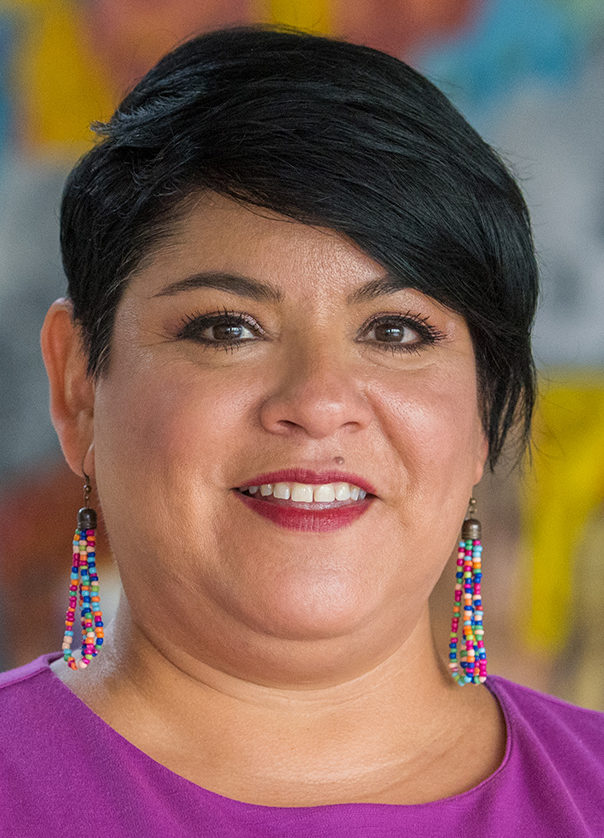 Corina Benavides-Lopez, assistant professor of Chicana and Chicano Studies, delivered the keynote address on Sept. 12 at “Si a la Exelencia Academica!: Celebrating the Cultural Wealth of Familial Resistance in Turbulent Times.” Cal Poly Pomona’s Hilda Solis Scholarship Dinner and Reception.
Corina Benavides-Lopez, assistant professor of Chicana and Chicano Studies, delivered the keynote address on Sept. 12 at “Si a la Exelencia Academica!: Celebrating the Cultural Wealth of Familial Resistance in Turbulent Times.” Cal Poly Pomona’s Hilda Solis Scholarship Dinner and Reception.
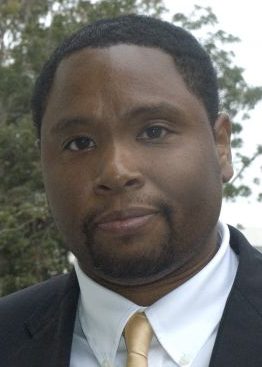
Salim Faraji, professor of Africana Studies, presented his paper “William Leo Hansberry Pioneer of Africana Nubiology: Toward a Transdisciplinary Nexus of Nubian Archaeology, Africana Studies & Africanist Scholarship” (click here for an abstract; page 8) at the Origins and Afterlives of Kush Conference at University of California, Santa Barbara, in July 2019.
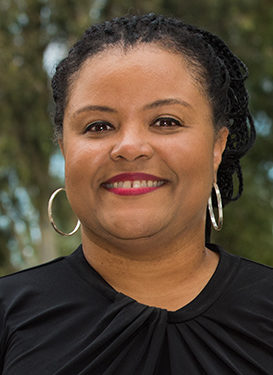
Donna Nicol, associate professor and chair of Africana Studies, served as a panelist for the 4th Annual Working Symposium for Early-Mid Career Women of Color in September 2019. The conference was sponsored by the Callie House Center for the Study of Global Black Cultures and Politics at Vanderbilt University.
College of Education
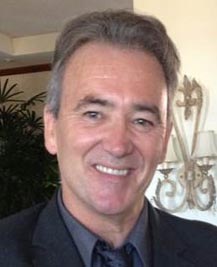 Anthony Normore, professor emeritus of School Leadership in Graduate Education, has been named the 2019 recipient of the International Authentic Leadership Award from the University Council for Educational Administration’s Consortium for the Study of Leadership and Ethics in Education (CSLEE). The CSLEE is a consortium of faculty and research associates representing eight international university-based centers and institutes. Normore will be honored in November 2019 during CSLEE’s 24th Values and Leadership Conference in New Orleans.
Anthony Normore, professor emeritus of School Leadership in Graduate Education, has been named the 2019 recipient of the International Authentic Leadership Award from the University Council for Educational Administration’s Consortium for the Study of Leadership and Ethics in Education (CSLEE). The CSLEE is a consortium of faculty and research associates representing eight international university-based centers and institutes. Normore will be honored in November 2019 during CSLEE’s 24th Values and Leadership Conference in New Orleans.
Recent quotes and/or interviews in the media from faculty
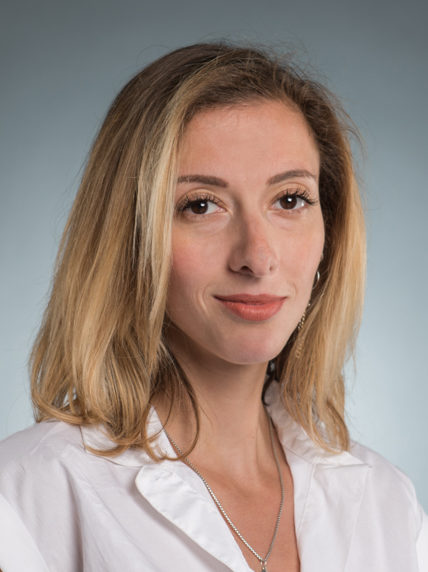
“Have you used trigger warnings in your classes? Since Slate magazine called 2013 “the year of the trigger warning,” these statements, which inform students of distressing or potentially re-traumatizing content, have been a subject of national debate. Though they are common, there is limited evidence of their usefulness.” –Mara Grayson, assistant professor of English, was the featured expert for Inside Higher Ed’s “Academic Minute” on Sept. 9.
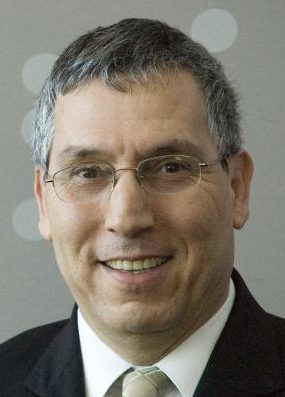 “What we see here is that the Saudi’s are willing to come out because President Donald Trump was waiting for the Saudis to declare who did it. They have long been urging the U.S. to attack Iran, so it’s very important for the Saudis to use this to their advantage.” –Hamoud Salhi, associate dean of International Education, was a featured panelist on CGTN’s “The Heat” to discuss the attack on Saudi Arabia’s oil fields on Sept. 14.
“What we see here is that the Saudi’s are willing to come out because President Donald Trump was waiting for the Saudis to declare who did it. They have long been urging the U.S. to attack Iran, so it’s very important for the Saudis to use this to their advantage.” –Hamoud Salhi, associate dean of International Education, was a featured panelist on CGTN’s “The Heat” to discuss the attack on Saudi Arabia’s oil fields on Sept. 14.